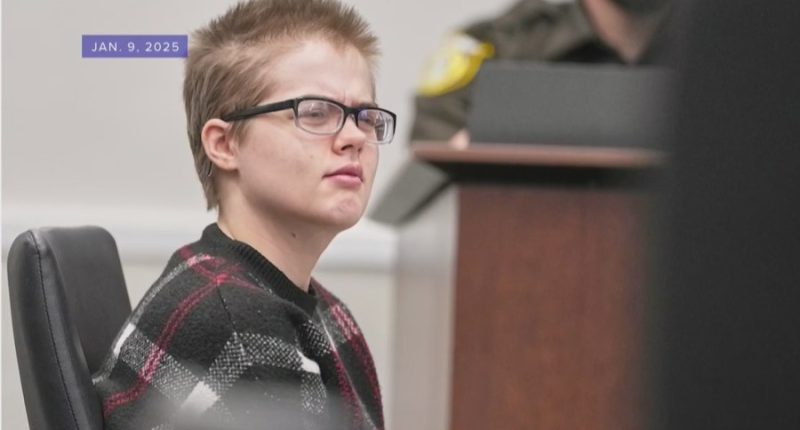Share this @internewscast.com

() Nearly 10 years into a 40-year commitment to a mental institution, the 22-year-old woman at the center of the infamous “Slender Man” stabbing was recently being considered for a transfer to a halfway house.
But there are issues.
Morgan Geyser has spent nearly a decade in a mental health facility in Wisconsin after stabbing a friend 19 times at age 12. But after she was set to be released to a halfway house, concerns have arisen about her behavior while behind bars.
That includes a troubling relationship with a murder-memorabilia collector and reading violent crime novels. In addition, the proposed group house where Geyser was set to be sent is just 8 miles from the stabbing victim’s house.
Criminal defense attorney Mark Geragos says the controversy surrounding the case is a product of the mental health system of which Geyser is a part.
“The problem with the criminal justice system is when you try to apply it, or overlay it on a mental health issue,” Geragos told . “That’s what you have here. A lot of times, the system is ill-equipped to deal with mental health.”
He added: “Mental health is not something that should be dealt with in the criminal justice system. … It’s just a horrible case from every different angle. There’s nothing satisfying about this case in any way, shape or form.”
Geyser and Anissa Weier were charged in 2014 in connection with the stabbing of their sixth grade friend Payton Leutner nearly to death. The two girls told police that they believed that the internet character “Slender Man” required them to kill.
Both girls were found not guilty because of mental disease or defect and committed to mental institutions, according to reports. Weier was released in 2021, and Geyser was set to be granted her release in March before the delays arose.
As the court system decides what happens next with Geyser, Geragos said that Leutner’s family should have a say in what happens to Geyser.
“(The victim’s family) have rights, they’ve got constitutional rights in most jurisdictions,” he said. “They do have a say, and that’s one of the reasons there was a stop to this.”












